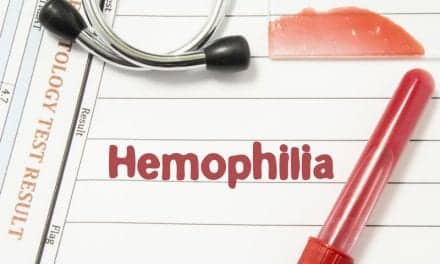A study led by a researcher at the [removed]University of California, San Diego School of Medicine[/removed] has found parent-only treatments for childhood obesity work equally as well as plans that include parents and child, and they are proving more cost effective and potentially easier for families.
The results are published in the advanced online edition of the journal Obesity.
Kerri N. Boutelle, PhD, associate professor of pediatrics and psychiatry at UC San Diego and Rady Children’s Hospital, San Diego, and colleagues planned to assess whether parent-only groups are an equally viable method for weight loss.
“Our results showed that the parent-only group was not inferior in terms of child weight loss, parent weight loss, and child physical activity,” said Boutelle, in a statement. “While further research is needed, our work suggests that parent-only groups are a viable method for providing childhood obesity treatment.”
Recent data suggests that some 31% of children in the United States are overweight or obese–or between 4 and 5 million children. Current treatment programs generally require participation by both parents and children in a plan that combines nutrition education and exercise with behavior therapy techniques.
“Parents are the most significant people in a child’s environment, serving as the first and most important teachers,” said Boutelle “Since they play a significant role in any weight-loss program for children, we wondered if the same results could be achieved by working with just the parents, without the child coming to the clinic.”
The researchers looked at 80 parent-child groups with an 8- to 12-year-old overweight or obese child, and randomly assigned families into parent-only or parent-plus-child treatment programs for 5 months. Child and parent body size, child caloric intake, and child physical activity were assessed at baseline, post-treatment, and at a 6-month follow-up visit.
The results showed that the parent-only group provided similar results in child weight loss and other relevant outcomes. Since parent-only treatments are successfully used to deliver treatments for other child behavioral issues, this approach to instilling better nutrition and exercise habits in children–designed to result in weight loss–could also prove to be an effective treatment model.
Boutelle has received another grant from the National Institutes of Health to conduct this study with 150 families and follow them for 18 months. This larger study will be recruiting families for the next 3 years.
Click here for more information about weight loss programs for children and adolescents, or e-mail [email protected].
Additional contributors to the study include Guy Cafri, UCSD Child and Adolescent Services Research Center, and Scott J. Crown, University of Minnesota. The study was supported in part by a grant from the National Institutes of Health.
[Source: UC San Diego]




